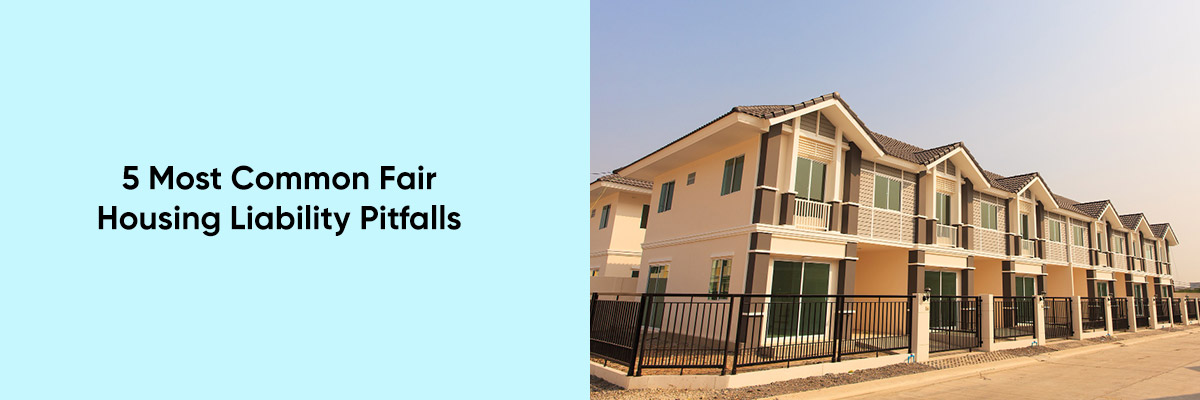Fair housing laws were put in place to protect individuals from discrimination when seeking housing. However, despite these laws, fair housing liability pitfalls still exist and can have serious consequences for landlords, property managers, and real estate agents. These pitfalls can lead to costly lawsuits and damage to a business’s reputation. To avoid these pitfalls, it is crucial to have a thorough understanding of fair housing laws and to take necessary precautions.
This article will explore the five most common fair housing liability pitfalls and provide tips on how to avoid them.
Avoiding Fair Housing Lawsuits: Key Strategies
By implementing key strategies, landlords can create a culture of inclusivity and non-discrimination, fostering fair housing practices in their operations. First and foremost, it is essential to educate staff about fair housing laws and provide regular training to enhance their understanding of prohibited discriminatory practices.
Clear policies and procedures should be established to address any potential fair housing issues promptly. Additionally, conducting regular audits of advertising materials and rental applications can help identify any potential biases or discriminatory practices. Lastly, maintaining thorough documentation of all interactions with applicants and residents can serve as evidence of fair and equal treatment.
Understanding Protected Classes And Discrimination Laws
Protected classes refer to groups of individuals who are protected from discrimination under federal, state, and local fair housing laws. These classes include but are not limited to race, color, religion, sex, national origin, familial status, and disability.
Discrimination occurs when someone is treated unfairly or denied certain rights or privileges based on their membership in a protected class. Organizations must familiarize themselves with these protected classes and the specific laws that prohibit discrimination against them in various housing-related activities, such as advertising, leasing, and tenant selection.
Accommodating Reasonable Requests For Disabilities
By fair housing laws, it is crucial to make reasonable modifications or adjustments to policies, practices, and procedures that would enable individuals with disabilities to have equal access to and enjoyment of housing. This may involve providing accessible parking spaces, installing wheelchair ramps, or ensuring that common areas are accessible. Additionally, businesses and housing providers should be open to engaging in an interactive dialogue with individuals with disabilities to determine appropriate accommodations and find solutions that meet their needs.
Properly Handling Tenant Complaints And Inquiries
To effectively handle tenant complaints and inquiries, housing providers need to establish clear communication channels and responsive procedures. Promptly responding to tenant concerns demonstrates a commitment to addressing issues and maintaining a positive living environment.
Active listening and empathy are essential in understanding tenant perspectives and concerns. It is crucial to document all interactions and actions taken to address complaints, ensuring transparency and accountability.
Documentation And Record-Keeping Best Practices
Housing providers should adopt best practices for documentation and record-keeping to ensure compliance with fair housing laws and regulations. This includes keeping detailed records of all tenant interactions, such as lease agreements, maintenance requests, and communication regarding complaints or inquiries.
It is crucial to record dates, times, and specific details of each interaction to provide a clear and organized account. Additionally, housing providers should establish a secure and organized system for storing and retrieving documents, ensuring confidentiality and accessibility when needed.
Final Words
Understanding and adhering to fair housing laws is crucial for property managers, landlords, and real estate professionals. The consequences of not doing so can result in costly lawsuits and damage to one’s reputation. By being aware of the most common fair housing liability pitfalls, professionals can take the necessary steps to avoid them and create a safe and inclusive environment for all individuals.


